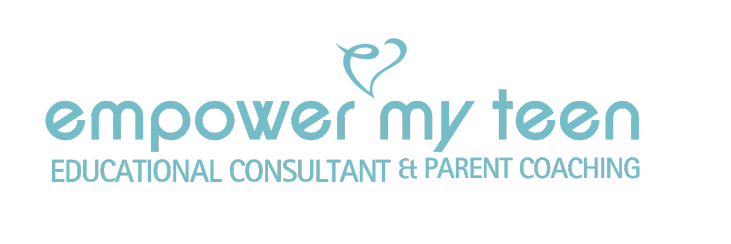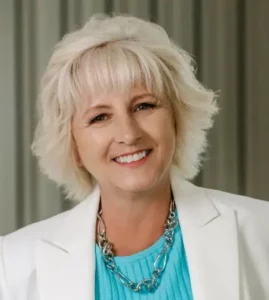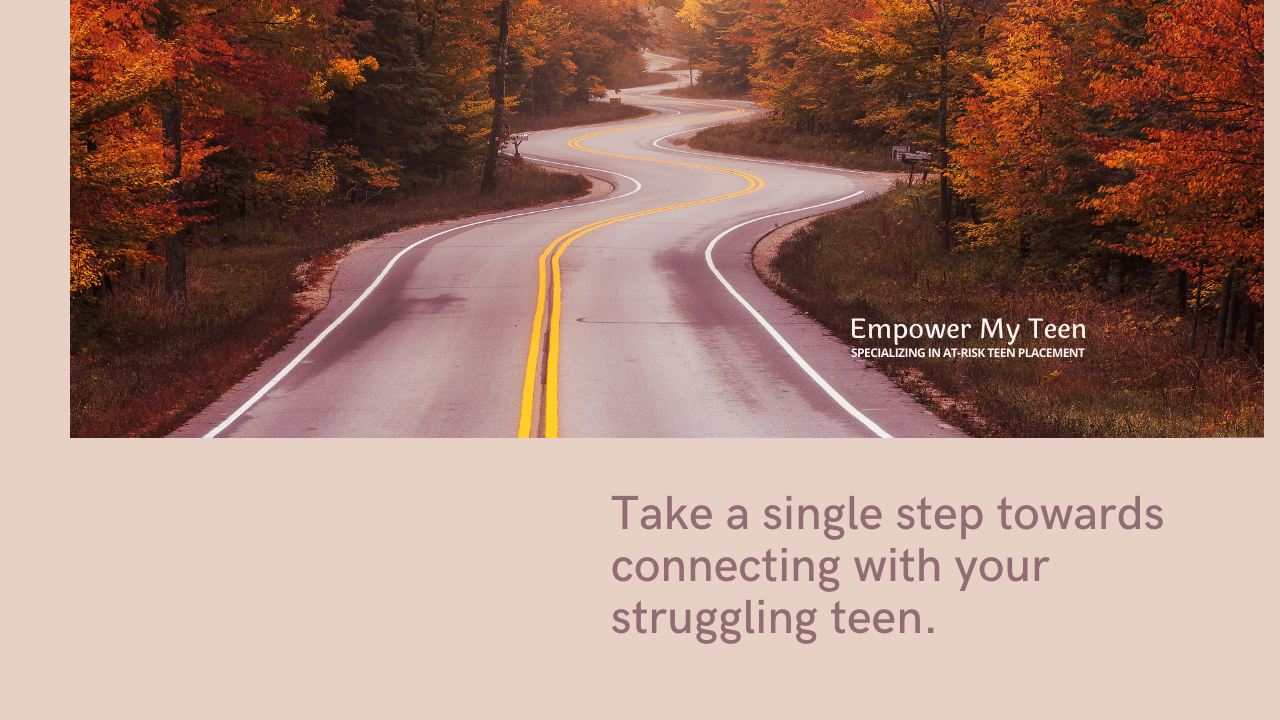Why Short Term Residential Treatment Centers May Not Be the Best Choice for Teens Struggling with Mental Health Issues
Let’s talk about teen mental health treatment, specifically short term residential (RTCs.) Should you consider one of these programs for your struggling child? Do they help or harm? Are they enough? When should parents consider them?
The teen mental health treatment industry is complex and often overwhelming. Most parents seeking help for their teens are at a very vulnerable point in their lives, full of apprehension, anxiety, and fear for their teen’s well-being.
How can you make this crucial decision when there’s so much confusing information online?
In this blog, my goal is to shed light on the potential pitfalls of short-term residential treatment and offer advice on better alternatives. Keep reading to get better insights.
What Are Short-Term Residential Programs for Teens?
Short-term RTCs are an intensive, live-in adolescent residential treatment center offering residential therapeutic treatment programs that typically last 8 to 12 weeks. These treatment center programs are designed to provide immediate care and support for adolescents dealing with various issues, such as substance use disorders, behavioral problems, or emotional health disorders.
Short-term programs aim to stabilize the teen’s condition, start the healing process, and equip them with the necessary tools to manage their issues.
Four examples of beneficial short-term programs:
- Crisis Intervention: Critical intervention for adolescents in immediate danger or crisis. This crisis can be the result of addiction, overdose, suicidal ideation, or any child that is in immediate danger. Crisis intervention short-term programs provide stabilization and begin the process of recovery.
- Detoxification: Safely manages withdrawal symptoms and detox when a teen is addicted to drugs or alcohol, or other illegal substances. These short-term program are known as residential addiction treatment centers or drug rehab programs.
- Assessment Period: Some short-term programs, like Wilderness programs, can serve as transitional programs that allow your child time to unwind and decompress while you work to find the best long-term residential treatment program.
- Introduction to Recovery: For some, a short-term program can serve as an introduction to recovery. It might be less intimidating than a long-term commitment and can give the person a glimpse into the recovery journey.
These short programs usually last 30 days, although some can be 3-4 months. They are often covered at least partially by many insurances.
How many days is short term treatment? Usually 4-12 weeks!
Do Short-Term Programs Help Your Teen's Mental Health?
Teen psychological health is complex; many kids usually have multiple diagnoses. You cannot rush healing, so these programs short-change parents and kids. Parents often find that teens get worse after one of these programs and still have to find long-term personalized treatment.
I’m not against short-term programs; experience has taught me they must be part of a long-term treatment strategy that includes stabilization, residential psychological care, and outpatient aftercare.
Are you worried about your struggling teen?

Finding the Best Help for Your Struggling Teen
What Your Teenager Needs to Get Back on Track!
A teenager struggling with their psychological health requires ongoing support and residential treatment to develop coping mechanisms and resilience and, ultimately, good judgment and mental balance.
Let me share the story of Sarah, a loving parent like you.
Her 15-year-old son, Jack, started showing signs of depression and substance abuse. Initially, she searched online and found an eight-week live-in program that offered help for teens with signs of depression, anxiety, and drug rehab. It sounded perfect and offered hope for quick improvement.
Jack was admitted and, at first, seemed to start his recovery. However, after returning home, Jack fell back into old patterns. Sarah then realized he needed so much more than “stabilization;” yes, the program helped Jack to stop using drugs, but it turned out to be temporary.
She reached out to me, and I evaluated Jack’s situation, taking into account his medical history, academic performance, and patterns of emotional health. Jack’s mental health issues weren’t new. In fact, he’d been struggling and showing signs of anxiety for years. He also was diagnosed with ADHD and learning disabilities while he was in elementary school. When I considered all of these factors, I saw a different Jack than what Sarah had described initially.
I recommended a long-term adolescent residential treatment program that combined clinical care with education and nature therapy and had lots of success helping boys with early ADHD diagnoses. Jack spent a year in residential treatment. He gradually developed healthy coping mechanisms, improved his academic performance achieving an 87 GPA and got and developed leadership skills.
He started participating in constructive activities and discovered he loved to help younger kids with learning disabilities. Today, Jack is a college student who proudly talks about his recovery journey, and he is studying to become a Speech Language Pathologist (SLP). He will specialize in working with autistic children.
Sarah and I are both so proud of the young man he’s become. What you need to remember, every child is unique, and for lasting recovery, they require personalized care that addresses their individual needs, not a generic program that deals with symptoms.
True, long-lasting healing takes time, and these kids need to learn what triggers their behaviors and gain insights so they manage their mental health instead of it controlling them.
"The journey of recovery is not a short trip... but a lifelong commitment of dedication and hard work."
unknown
The Case for Educational and Therapeutic Consultants
Due to the complexities of mental health issues and the limitations of short-term RTC, a parent should not go it alone. Working with an educational or therapeutic consultant who specializes in working with families of struggling teenagers can make all of the difference in your journey.
An ed consultant will assess your child’s needs, evaluate your child’s specific situation and consider all aspects of their life, including medical and academic history. Then, recommend appropriate individualized long-term solutions for personalized care.
What to Expect from Your Ed Consultant
Beyond education, we offer guidance on behavioral and mental health problems and help you formulate effective strategies.
A therapeutic consultant usually focuses specifically on emotional and psychological issues. They work with therapists, schools, and parents and understand that true healing takes time and effort for all involved. They typically remain involved after a child goes into a program and become advocates for the family.
I’m both an ed and therapeutic consultant, as well as a parenting coach. I would like to help you navigate this difficult time and become your advocate. I’ve been helping families for over twenty years, and together we saved many babies.
I advise you to partner with a professional like me, who has relationships in the industry, has visited hundreds of programs, and understands what you need to help your child heal and find joy again. If you do not have health insurance or cannot afford a paid program, please visit findtreatment.gov a resource from SAMHSA.
Ready to make the best decision for your teen’s future? Take back control over your teen’s life today. Schedule a 30-minute consultation and let’s navigate this journey together. It’s time to help your child heal, find joy, and regain control of their life. You’re not alone. Let’s get started on your path to healing and recovery now!





